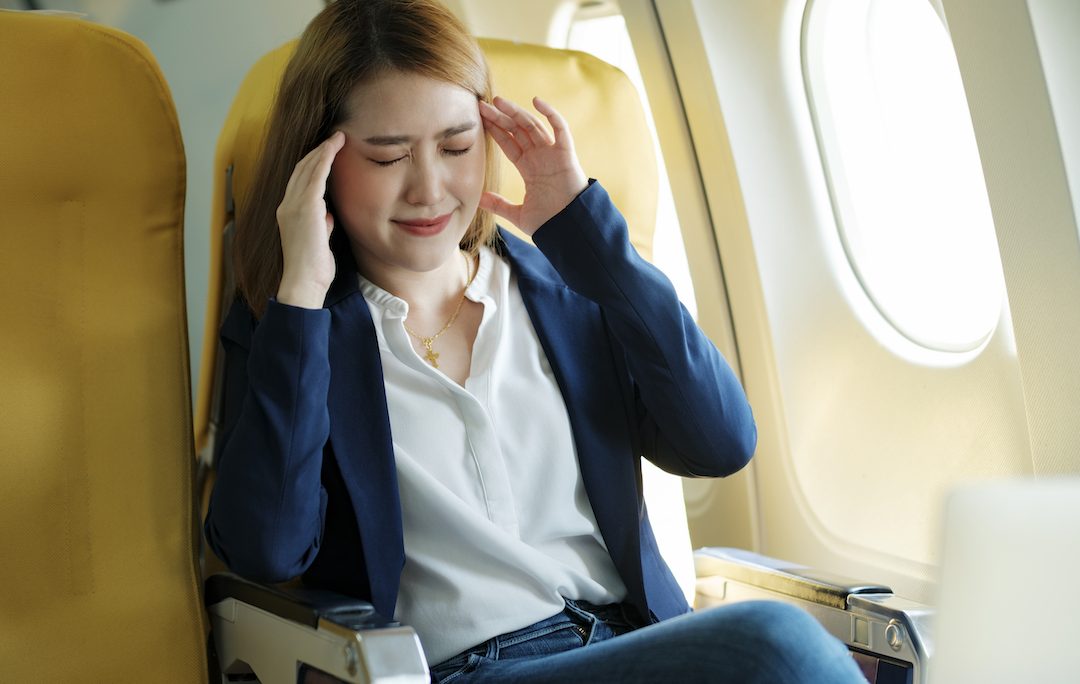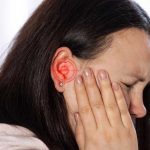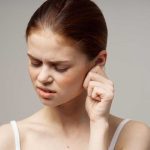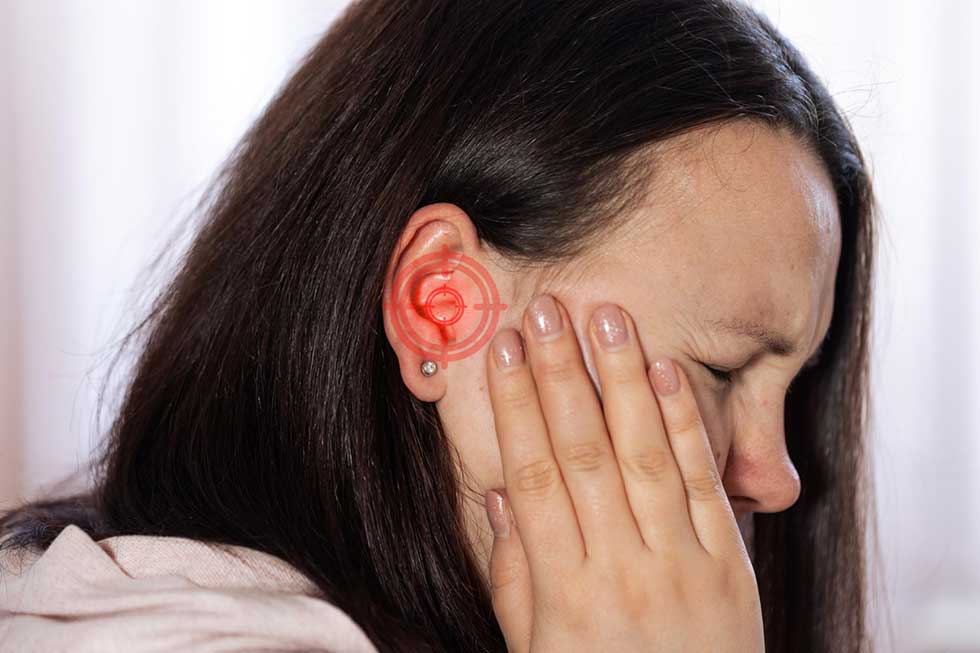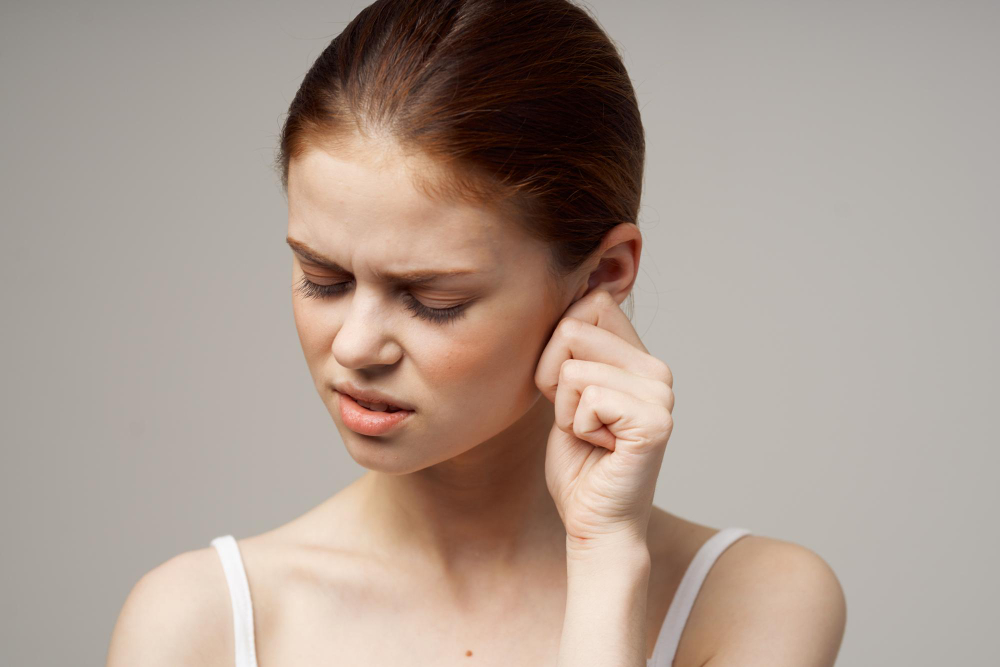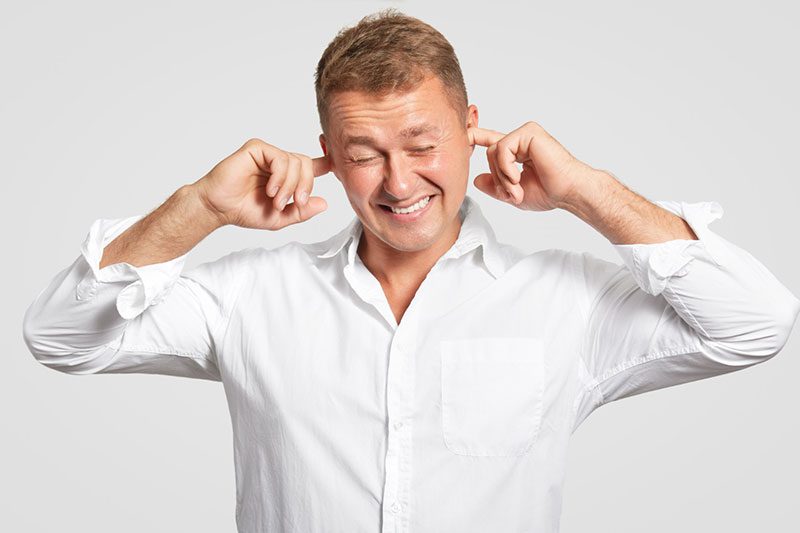Χρήσιμες συμβουλές για ταξίδια χωρίς ενοχλήσεις στα αυτιά σας
Ο πόνος στα αυτιά όταν κάποιος ταξιδεύει με αεροπλάνο, οφείλεται συνήθως στο γεγονός ότι ο αέρας που υπάρχει στο έσω ους έχει χαμηλότερη πίεση από τον αέρα της καμπίνας και το έσω ους χρειάζεται να εφοδιαστεί πάλι με αέρα για να αποθηκεύσει την ίδια πίεση. Αυτό μπορεί να προκαλέσει πόνο έντονου σφιξίματος στο έσω ους, αμβλύτητα της ακοής ή μια αίσθηση «γεμίσματος» του ακουστικού καναλιού.
Για να το αντιμετωπίσουμε πρέπει να ανοίξουμε την ευσταχιανή σάλπιγγα μέσω της οποίας περνά ο αέρας στο μέσω ους, και αυτό μπορούμε να το επιτύχουμε όταν καταπίνουμε, όταν χασμουριόμαστε και όταν μασάμε. Η ευσταχιανή σάλπιγγα μπορεί επίσης να είναι μπλοκαρισμένη όταν είμαστε κρυωμένοι ή έχουμε κάποια λοίμωξη στο λαιμό, για αυτό είναι καλό να μένουμε ενυδατωμένοι καθώς σε περιπτώσεις αφυδάτωσης η βλέννα της μύτης και η ευσταχιανή σάλπιγγα κολλάνε.
Σε κάποιους ανθρώπους η ευσταχιανή σάλπιγγα δεν ανοίγει τόσο εύκολα όσο σε άλλους, επομένως η πίεση μπορεί να μην εξισώνεται γρήγορα. Ένας καλός τρόπος αντιμετώπισης σ’ αυτές τις περιπτώσεις είναι ο χειρισμός Vaslava, ο οποίος επιτυγχάνεται κλείνοντας τη μύτη και το στόμα, εκπνέοντας ταυτόχρονα από τη μύτη. Δε θα βγει αέρας προς τα έξω αλλά θα ακούσετε τα αυτιά σας να κάνουν ένα «ποπ» όταν η πίεση θα εξισορροπήσει. Αυτή η πράξη δε μπορεί να βοηθήσει τα μικρά παιδιά γιατί η ευσταχιανή τους σάλπιγγα δεν έχει αναπτυχθεί.
Τα αυτιά εξακολουθούν να αισθάνονται ότι είναι φραγμένα ακόμη και μετά την προσγείωση αν η πίεση στο έσω ους δεν έχει μπορέσει να εξισορροπήσει. Αυτό μπορεί να αποφευχθεί χρησιμοποιώντας δύο ψεκασμούς με ρινικό σπρέι σε κάθε ρουθούνι πριν την προσγείωση. Αν τα συμπτώματα επιμένουν, επισκεφτείτε ένα γιατρό.
Όταν κάποιος είναι πολύ κρυωμένος και ταξιδεύει αυξάνεται ο κίνδυνος εμφάνισης προβλήματος στο έσω ους, συνεπώς αν είναι δυνατό, καλό θα ήταν να αναβάλετε το ταξίδι σας. Αν πρέπει να ταξιδέψετε έχοντας κάποιο κρυολόγημα υπάρχουν ρινικά σπρέι που μπορούν να βοηθήσουν στην αποσυμφόρηση της μύτης σας και μπορούν να χρησιμοποιηθούν μια ώρα πριν την προσγείωση. Πρέπει όμως να χρησιμοποιούνται με φειδώ, καθώς η χρήση τους για πολλές ημέρες ουσιαστικά μπορεί να προκαλέσει συμφόρηση στη μύτη.
Όταν έχετε διάτρηση τυμπάνου, η πίεση του αέρα στο έσω ους θα μπορέσει να εξισορροπηθεί πιο εύκολα με την πίεση του περιβάλλοντος αέρα. Αυτό γίνεται διότι ο αέρας είναι εύκολο να περάσει μέσα από την τρύπα του τυμπάνου. Ως εκ τούτου, πιθανόν να μην αισθανθείτε μεγάλη δυσφορία.
Αν χρησιμοποιείτε ένα ακουστικό βαρηκοΐας, αυτό μπορεί να λειτουργεί κανονικά μέσα στο αεροπλάνο. Ωστόσο, ο αυξανόμενος θόρυβος του περιβάλλοντος μπορεί να σας προκαλέσει δυσφορία, ανάλογα με το ακουστικό που χρησιμοποιείτε. Ίσως αισθανθείτε πιο άνετα αν το κλείσετε και το βγάλετε τελείως. Πριν την επιβίβαση, συνιστάται να ενημερώσετε την αεροσυνοδό ότι φοράτε ακουστικό βαρηκοΐας.
Πολλοί άνθρωποι ανακαλύπτουν ότι οι εμβοές τους καλύπτονται από τον ήχο της μηχανής του αεροπλάνου, άρα δεν ακούγονται. Ωστόσο, οι εμβοές σας μπορεί να δυναμώσουν αν η ευσταχιανή σάλπιγγα είναι μπλοκαρισμένη. Αυτό θα διορθωθεί όταν καθαρίσουν τα αυτιά σας. Αν ανησυχείτε ότι ο θόρυβος της μηχανής μπορεί να προκαλέσει βλάβη ή να επιβαρύνει τις εμβοές σας, μπορεί να βοηθήσει αν επιλέξετε μια θέση μπροστά από το φτερό του αεροπλάνου.
Αν είχατε κάνει μια οποιαδήποτε επέμβαση στο αυτί σας είναι πολύ σημαντικό να ρωτήσετε τον ωτορινολαρυγγολόγο σας αν είναι ασφαλές να ταξιδέψετε. Κάποιοι ειδικοί συμβουλεύουν να αποφεύγονται οι πτήσεις μέχρι έξι εβδομάδες μετά την επέμβαση.
Οι ειδικές ωτοασπίδες για τη ρύθμιση της πίεσης οι οποίες είναι κατασκευασμένες από ιατρικού τύπου σιλικόνη, που σιγά σιγά επιτρέπουν στα αυτιά να συνηθίσουν τη διαφορά που υπάρχει στην πίεση, μπορεί να βοηθήσουν. Ρωτήστε στην akouson για τις ωτοασπίδες Pluggerz.
Αν διαπιστώσετε ότι η ακοή σας έχει αλλάξει μετά από κάποια πτήση και δεν έχει επανέλθει στο φυσιολογικό επίπεδο μετά από δύο εβδομάδες θα πρέπει να επισκεφθείτε τον ωτορινολαρυγγολόγο σας.

